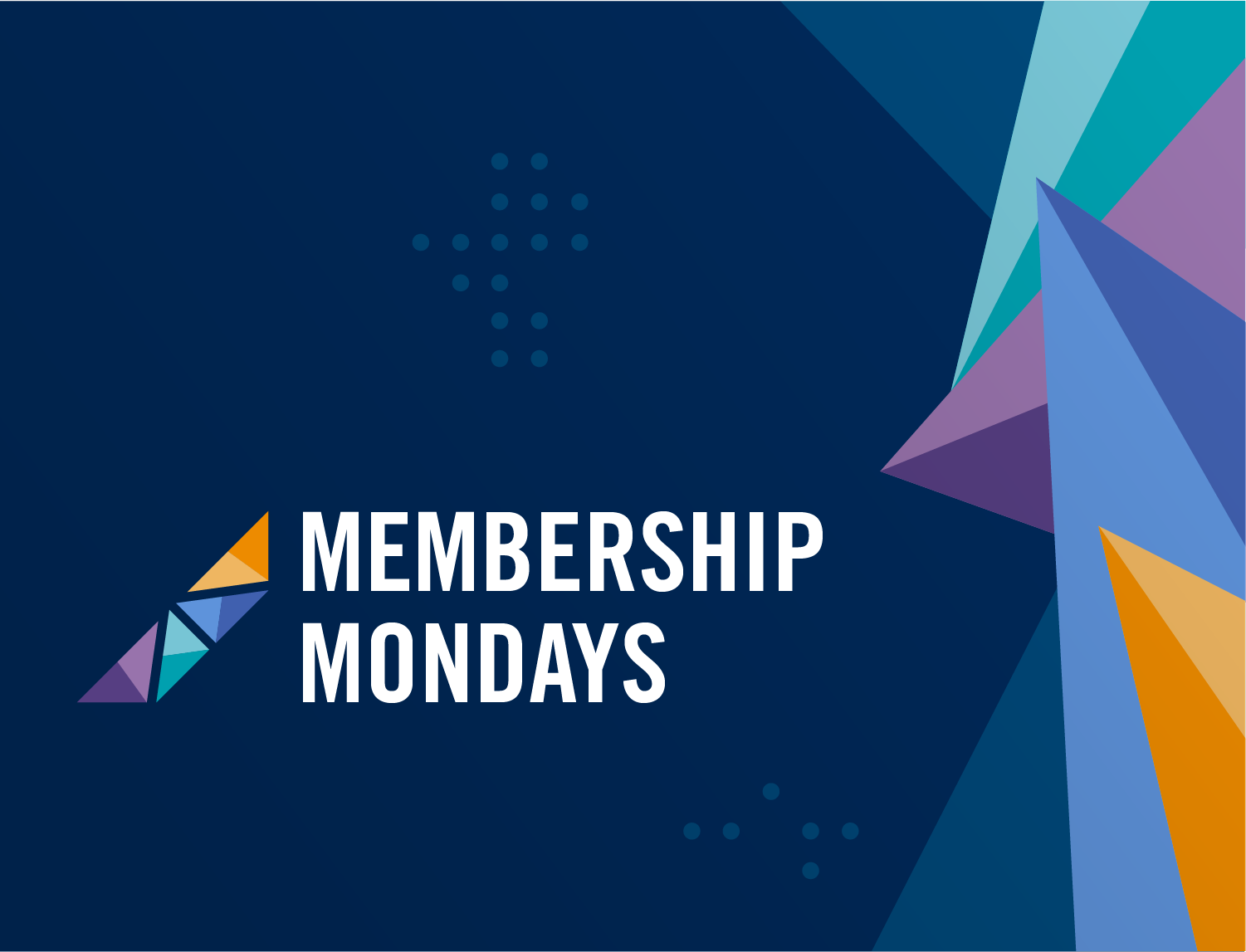Health equity, together, today
In this BPER, we will tap into our own lived experiences to better understand our individual and collective motivations to engage in health equity work, and we will explore the possibilities of working together, today, to help create a healthier, more just world for all.
No events to show
Description
Unearned and unfair advantages and disadvantages influence every aspect of health, healthcare and health professions education. However, it can be difficult to know if, when and how to address the injustices that are all around us. In this BPER, we will tap into our own lived experiences to better understand our individual and collective motivations to engage in health equity work, and we will explore the possibilities of working together, today, to help create a healthier, more just world for all.
Presenter
Sacha Agrawal
Rounds Details
Best Practices in Education Rounds (BPER) are co-hosted by the Centre for Faculty Development, The Wilson Centre and the Centre for Advancing Collaborative Healthcare & Education.
Accreditation Details
Each BPER has been accredited for up to:
- 1 College of Family Physicians of Canada – Mainpro+ credits
- 1 Royal College of Physicians and Surgeons of Canada – Section 1 hours
Review complete accreditation details.
For more information about BPER, please click here.
Event Details
Recommended Events
-
 23FebThe Membership Mondays Community is for CFD members to engage in informal conversations on emerging curiosities, questions and tensions within health professions education. This community comes together virtually, three times a year. Topics are responsive to the needs of the community. Please join us to engage in thoughtful dialogue.
23FebThe Membership Mondays Community is for CFD members to engage in informal conversations on emerging curiosities, questions and tensions within health professions education. This community comes together virtually, three times a year. Topics are responsive to the needs of the community. Please join us to engage in thoughtful dialogue. -
 23FebAre you someone who is in a leadership role or responsible influencing people/change and looking to enhance the performance or support the development of another in the areas of teaching, leadership, scholarship and advocacy? Join this interactive workshop to strengthen your ability to support others through coaching—not only improving teaching performance but also cultivating a culture of continuous growth and professional development.
23FebAre you someone who is in a leadership role or responsible influencing people/change and looking to enhance the performance or support the development of another in the areas of teaching, leadership, scholarship and advocacy? Join this interactive workshop to strengthen your ability to support others through coaching—not only improving teaching performance but also cultivating a culture of continuous growth and professional development. -
 2MarThis workshop engages participants in reflective activities and discussions about desirable and undesirable professional behaviours and the bi-directional relationships that exist between these behaviours, healthcare professional wellness, and the creation of psychologically and culturally safe environments.
2MarThis workshop engages participants in reflective activities and discussions about desirable and undesirable professional behaviours and the bi-directional relationships that exist between these behaviours, healthcare professional wellness, and the creation of psychologically and culturally safe environments.

